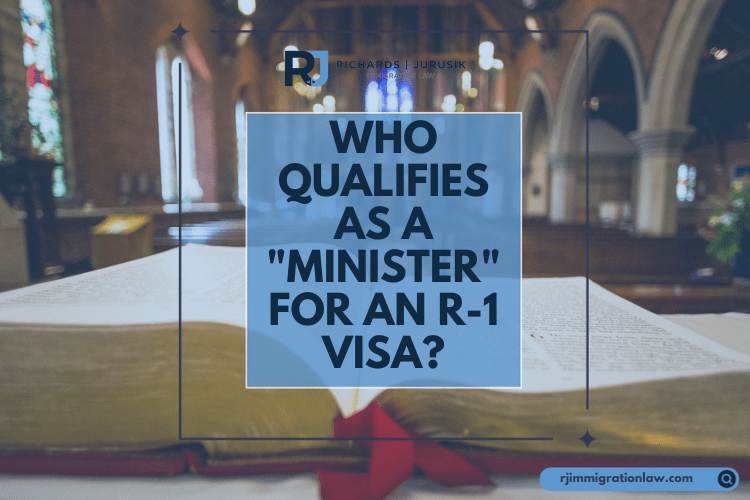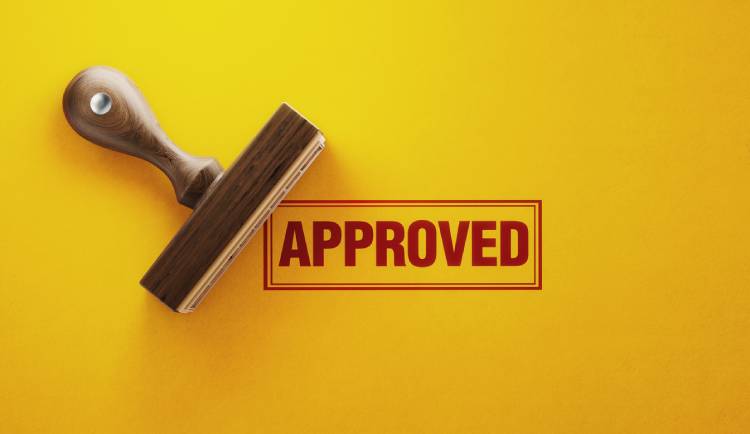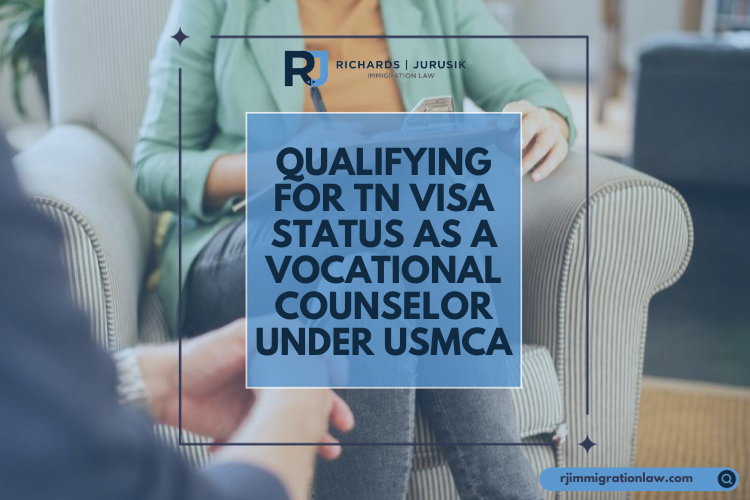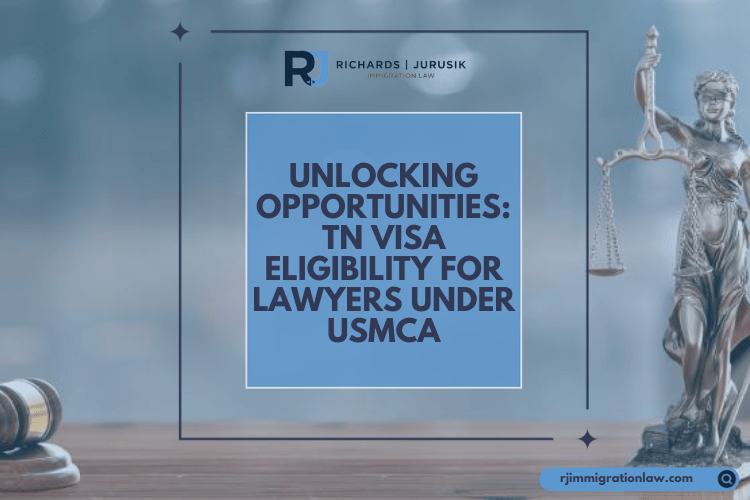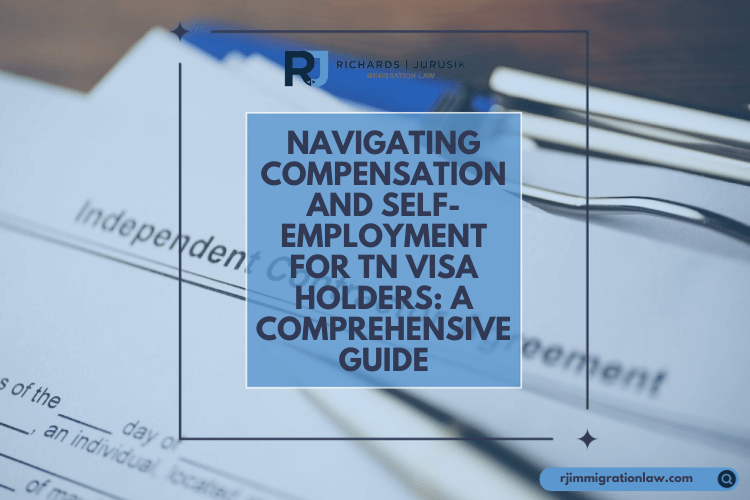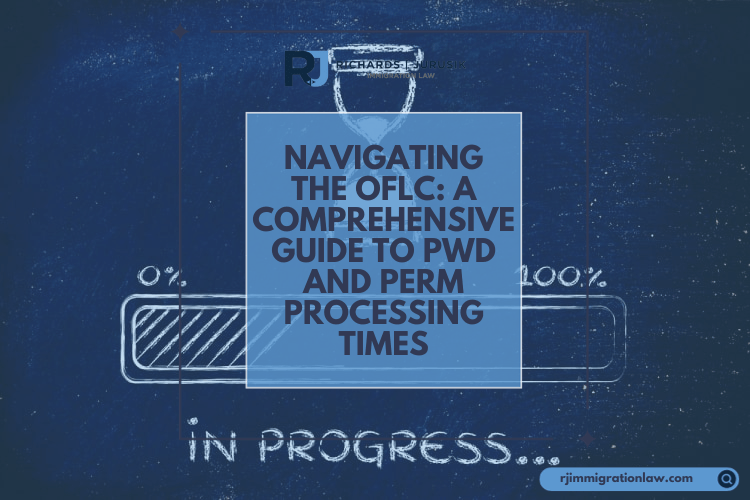The L1B visa is a valuable asset for U.S. employers aiming to transfer employees with “Specialized Knowledge” from affiliated foreign offices. A thorough grasp of the L1B visa requirements is essential to guaranteeing your employee’s eligibility for this classification.
Key L1B Visa Criteria
- Specialized Knowledge Employment:
- The employee must be engaged in a specialized knowledge capacity within the U.S.
- Education, Training, and Employment Qualifications:
- Possession of prior education, training, and employment qualifies them for the intended services in the U.S.
- One Year of Full-Time Employment Abroad:
- A minimum of one year of full-time employment abroad within three years before the visa application, holding a managerial, executive, or specialized knowledge position.
Defining “Specialized Knowledge”
The United States Citizenship and Immigration Services (USCIS) defines “Specialized Knowledge” as a unique understanding of various aspects of the petitioning organization, such as its product, service, research, equipment, techniques, management, or international market applications. This may also include advanced expertise in the organization’s processes and procedures.
Proving “Special” and “Advanced” Knowledge
- “Special” knowledge pertains to unique insights specific to the petitioning organization, setting it apart from general industry knowledge.
- “Advanced” knowledge involves an understanding uncommon in the industry, showcasing significant development or complexity compared to industry standards.
Evidence for L1B Visa Application
Proving specialized knowledge demands meticulous documentation. Key pieces of evidence include:
- Training records, pay documentation, or other personnel records.
- Organizational charts outlining the employee’s position.
- Letters from foreign entity representatives describing the employee’s specialized knowledge duties abroad.
- Comparative evidence showcasing the employee’s knowledge against industry standards.
The significance of providing comprehensive evidence, such as prior education, training, and employment records, cannot be overstated. This evidence supports claims of specialized knowledge and strengthens your employee’s L1B visa application.
Subscribe to Our Resources Blog
Schedule a Consultation with an Immigration Lawyer


